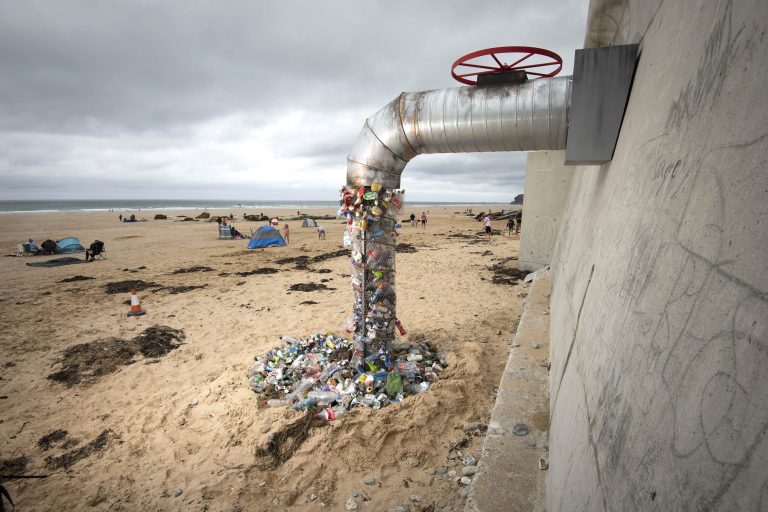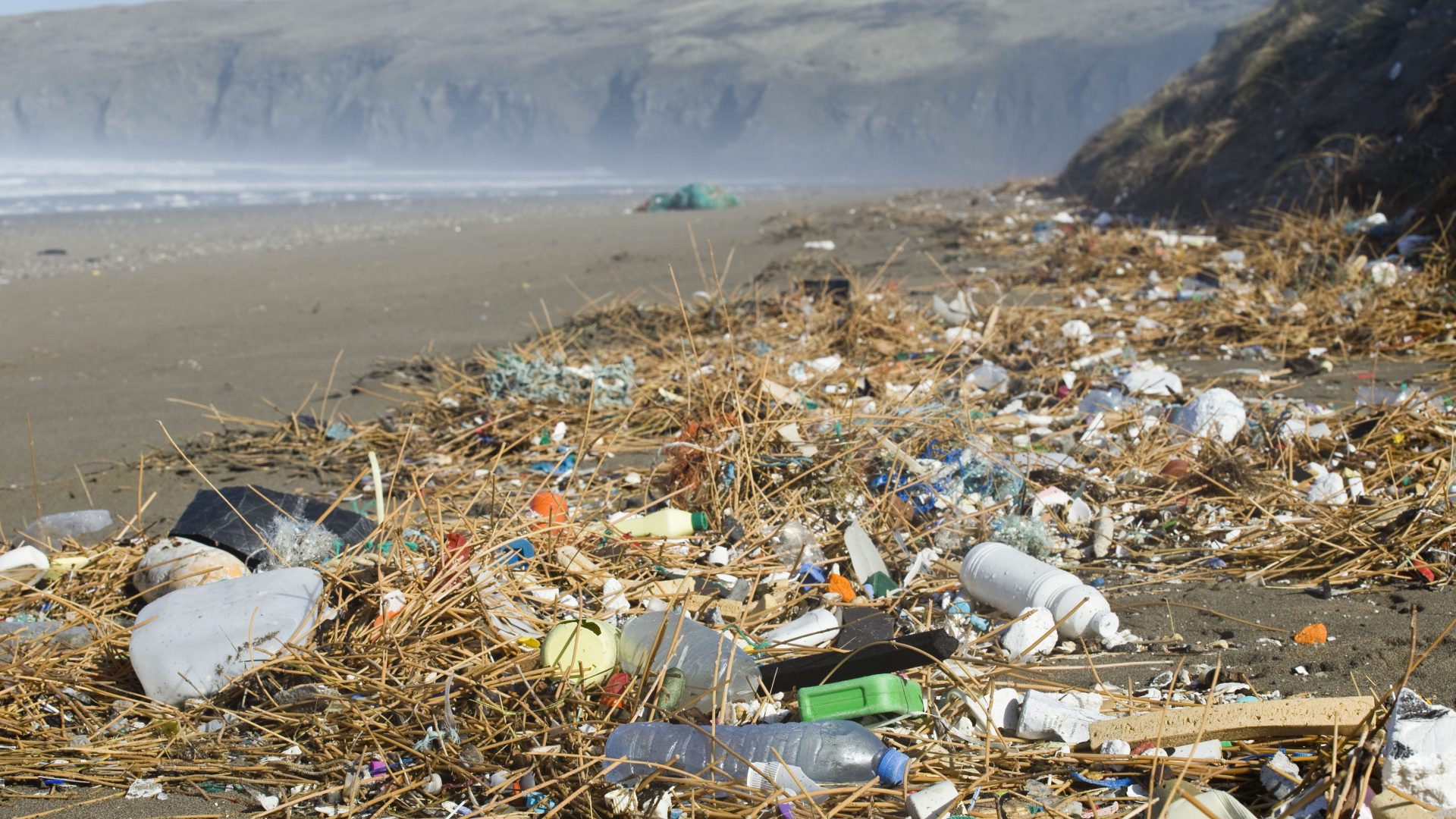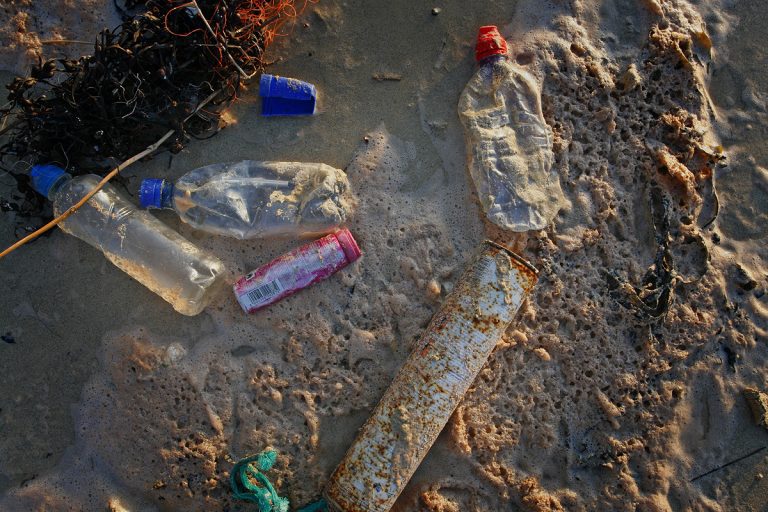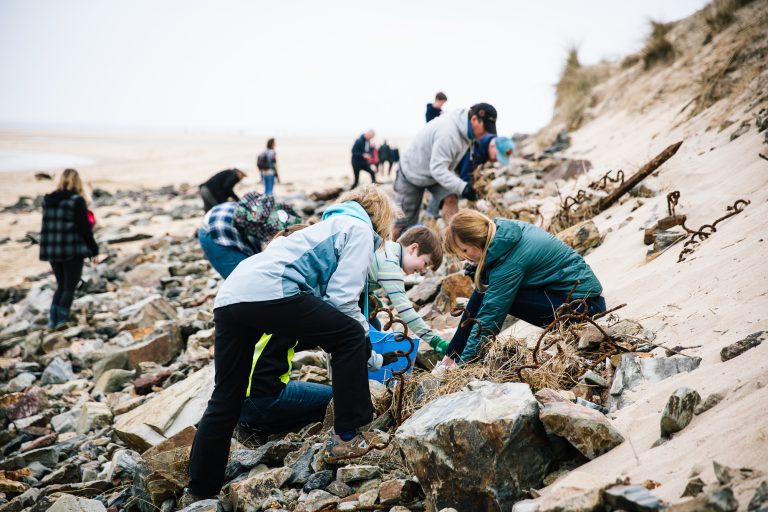

Brand Audit Report (2021)
Who were the top branded polluters in 2021? We're calling out the Dirty Dozen
Further delay to the introduction of an effective ‘all-in’ DRS to 2024 will only exacerbate the plastic pollution crisis and result in a further 56 Billion containers choking the planet.
As the UK’s biggest coordinated beach clean event, over 50,000 volunteers took part in 600 cleans, covering 350,000 miles in total over the Million Mile flagship week. Of these volunteers, 3,917 walked and cleaned 11,139 miles of beaches, rivers, mountains and more, submitting 377 brand audit data sets. A total of 26,983 items of packaging pollution were monitored as part of the brand audit.
The top 12 most polluting brands were responsible for 48% of all packaging pollution monitored during the audit. There was little change in the most polluting brands of 2021 compared to 2019 results with Coca-Cola, Walkers, McDonalds, Cadbury, Tesco, Lucozade, Costa Coffee, Mars Wrigley and Haribo all making repeat appearances.
Looking at the types of items found as part of the brand audit, it is estimated that almost 30% of all material monitored through the brand audit would be captured by an ‘all-in’ Deposit Return Scheme. For the Dirty Dozen companies, 52% of items would be captured through an ‘all-in’ Deposit Return Scheme (DRS) design. Over 80% of Coca-Cola’s packaging, the top polluter, is estimated to be captured through this scheme.
63% of all items monitored as part of the brand audit were unbranded. Cigarette butts were by far the biggest contributor at 25% of the unbranded items. Although receiving considerable attention over the last 18 months, PPE only accounted for 2.5% of all pollution monitored through the audit. Whilst clearly an emerging threat, it is important that this should not distract from the significant amount of pollution caused by brands and their parent companies. This year’s brand audit shows that little has changed in terms of those responsible for the pollution on beaches, rivers, streets and countryside.
Despite the corporate promises and commitments made, the plastic production and pollution tap is still not being turned off. We need
companies, and their brands, to stop peddling false solutions and instead focus on ways to meaningfully reduce packaging production and
pollution and adopt models of reuse and refill.
Go deeper


Deposit Return Scheme

